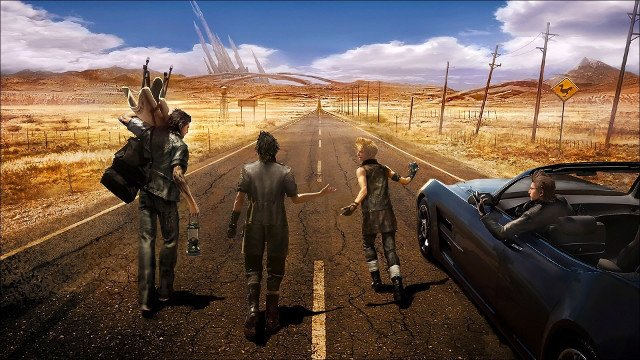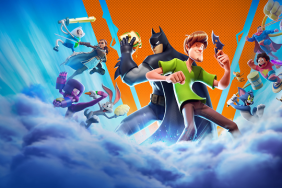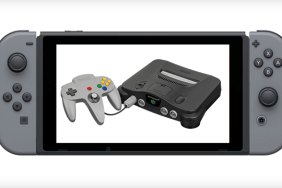The process of making a video game oftentimes doesn’t go as smoothly as one might expect. There may be snags along the way that cause projects to be pushed back indefinitely, as some aspect of the product doesn’t suit industry standards. These titles are said to be stuck in development hell, as there’s seemingly no end to this production period or, in some cases, working conditions aren’t up to par. Regardless of the situation, this doesn’t always indicate that a game will turn out poorly. Some go on to greatness as evidenced by the titles below.
Development Hell Games – Final Fantasy XV
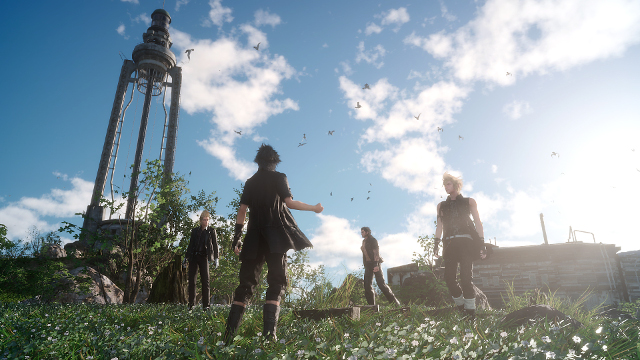
Originally announced as Final Fantasy Versus XIII during E3 2006, Final Fantasy XV saw a lot of reworks before it released in 2016. There was certainly no lack of fan anticipation for the project, seeing as how Kingdom Hearts director Tetsuya Nomura was behind it. Little information was made available to the public for years, however, aside from the occasional trailer.
The title was rebranded as a mainline Final Fantasy title in 2013. Nomura later handed off the project to Hajime Tabata, who would see that the game would be suitable for current generation hardware. The title suffered minor delays to smooth out some rough edges, but finally launched before this development hell surpassed an entire decade.
Development Hell Games – Team Fortress 2
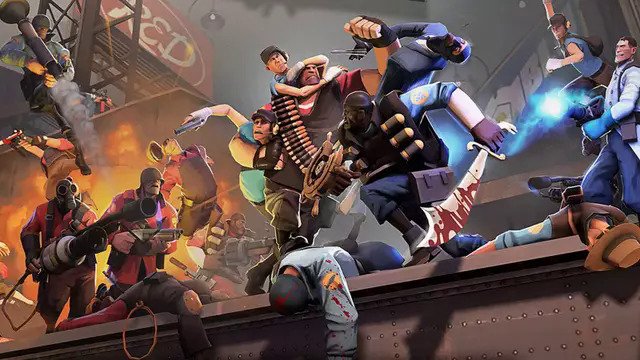
Fans of this popular multiplayer shooter may not remember, but Valve announced Team Fortress 2 way back in 1998. It wasn’t until 2007 that the title finally released as part of The Orange Box. The reason for its 10-year development process can mostly be attributed to the fact that the title switched to the company’s internal engine, Source, shortly after Team Fortress 2 was announced.
Of course, it doesn’t help that the game was reportedly reworked three or four times before Valve decided to settle on the cartoon aesthetic the title is known for. The decision to give the game this look turned out to be a sound one, as it separated it from the gritty, realistic-looking shooters on the market and attracted a fan base that still enjoys making nonsensical memes today.
Development Hell Games – Owlboy
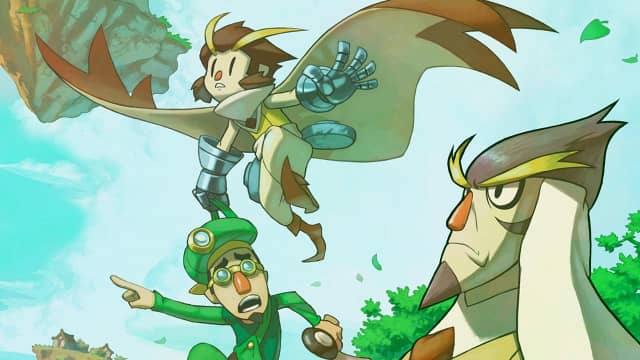
Norwegian independent developer D-Pad Studio began work on Owlboy in 2007. It released for PC in 2016, and only launched for Switch, Xbox One, and PlayStation 4 earlier this year. The title was reworked several times to meet fan expectations and director Simon Stafsnes Andersen admitted that he was suffering from mental illness throughout the process. Despite this, the game did release to great reviews from fans and critics, hopefully assuaging the studio’s fears that the long development time wouldn’t be worth it.
Development Hell Games – L.A. Noire
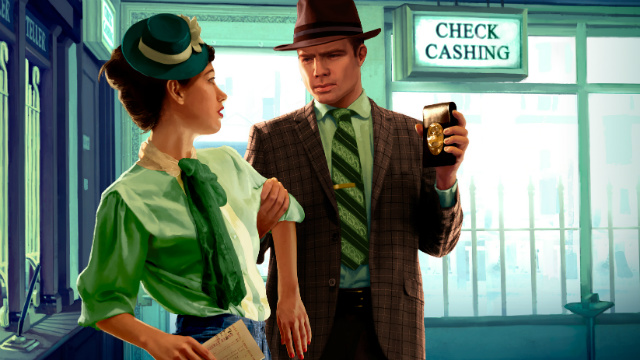
Originally released for PlayStation 3, Xbox 360, and PC in 2011, Team Bondi’s L.A. Noire took seven years to complete. It was originally slated to be published by Sony, but was later dropped by the company when the developer’s leader, Brendan McNamara, allegedly spent “millions” on technology to be used in the game within a short time frame.
Rockstar rescued the project, though it was delayed four times during development. During this period, people started accusing the studio of poor working conditions, with one employee stating that McNamara was a “huge bully with no talent, vision, or management skill.” L.A. Noire did eventually launch, though its developer was quickly sold off after the game’s release. Most thought it was a good, unique detective game, however.
Development Hell Games – Mother 3

It’s hard to believe that the Mother series (otherwise known as Earthbound outside of Japan) has been infamously plagued with hellish development cycles. Mother 2 for the SNES was nearly cancelled due to the fact that it had a different development team from the first game and kept expanding in scope and size. It took about five years to complete.
Mother 3, on the other hand, took a whole 12 years to release. Originally also intended for the SNES, the game was later reworked for the Nintendo 64 before being cancelled outright in 2000. It then restarted development in 2003 and finally launched as a Japanese-exclusive title for the Game Boy Advance in 2006. According to producer Satoru Iwata, the game’s 3D graphics made the project overly complex. It seemed as though the development team needed to wait a couple of years for technology to advance in order to fully realize their vision.
Development Hell Games – Prey
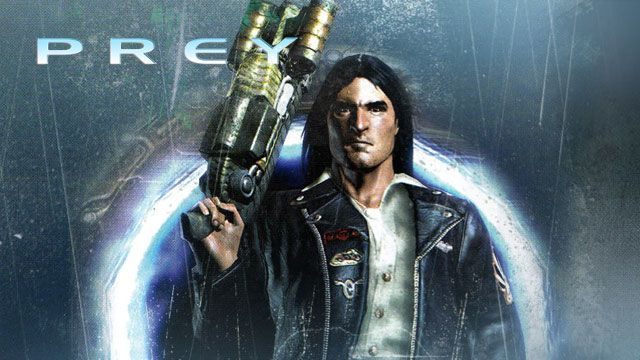
The very first Prey began development back in 1995 and was meant to be the start of a new franchise for developer 3D Realms. It was supposed to be built to showcase the company’s impressive in-house engines. Unfortunately, this approach did more harm than good, as the team behind the game encountered a ton of technical issues. Prey‘s development process further slowed when id Software’s Tom Hall left the project to form his own studio.
Work on the game picked up again in 2001 when Human Head Studios was brought on board. It was officially announced to the public in 2005, then released for Xbox 360 and PC a year later. It took 11 years to see this title through to completion, and though it’s not one of that generation’s most memorable shooters, it still managed to garner the respect of critics and the community.
Development Hell Games – Diablo 3
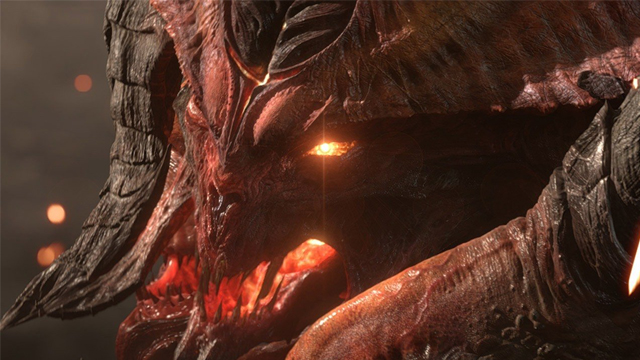
Diablo 3‘s tortured development began in 2001. It didn’t see a release until 2012, though the developers behind the project had a good explanation as to why it took so long. According to Blizzard’s Josh Mosqueira, each and every person working on the game wanted it to surpass the foundations laid by Diablo 2 to make it an even greater commercial success.
In other words, the popularity of the previous title in the franchise weighed heavily upon everyone on the team. Though Diablo 3 is considered a classic by many in the action RPG community today, it may not have enjoyed this distinction if it weren’t for its decade-long development process.
The titles above are proof that seeing a project through to its end, no matter how strenuous the process, may yield great rewards for the artists responsible. They also make the case that video games shouldn’t be taken for granted, as high production titles take years to develop, even under suitable working conditions. Though there’s no guarantee that other great games will go through development hell just to see the light of day, fans can do their part to be more understanding of the process.
